Get Started: Why Fertilize?
All plants need light, water, and nutrients to thrive. Fertilizers can contribute nutrients to plant health, but a general rule of thumb is LESS is MORE. Heavy feeders like tomatoes often need additional nutrients that organic fertilizer can supplement; however, fertilizing is not the solution for most problems you encounter. Plants will only absorb the nutrients they require, and over-fertilizing can lead to wasted effort and a build-up of chemicals in your soil.
GARDEN AMENDMENTS
Worm castings
Soil amendments improve your soil’s nutrition and organic content, while fertilizers have specific nutrients to “feed” your plants. Most home vegetable gardens can avoid expensive fertilizers and focus on adding all-purpose organic material to soil to improve overall soil health and structure. Popular amendments include aged animal manures, worm castings, liquid fish emulsion, fall leaves, compost, perlite, straw, gypsum, and cover crops.
In general, you should add 2 inches of compost or aged manure on top of your garden beds and containers at the start of each year. Throughout the growing season, add a scoop of compost next to your seedlings and young plants periodically – a process known as side-dressing. You do not need to till or mix the compost into the soil; rain will saturate the top layer so that nutrients get absorbed.
WHEN TO USE FERTILIZER
Before you resort to fertilizer to help a struggling plant, review other factors: is the plant in a shady area and need more sun? Is the soil waterlogged or overly dry? Is your soil compacted or lacking adequate organic material? Are you dealing with pests or other pathogens? Is your soil’s pH out of balance?
If you are applying compost or amendments to your beds each year, you will need little to no fertilizer. In specific cases – such as when your plant is fruiting or if you are doing container gardening – some fertilizer may be helpful. Add a moderate amount of fertilizer when you transplant seedlings, early on in their growth. Organic fertilizers are slower-acting and gentler than chemical fertilizers and more appropriate to home vegetable gardening. Never add lawn fertilizer to your garden beds; the high nitrogen content will burn roots and cause imbalances in your soil.
FERTILIZER COMPOSITION
Commercial fertilizers are concentrated combinations of nutrients that are added to the soil to stimulate plant growth. Fertilizer labels include an N-P-K ratio that describes the percentage of (N) Nitrogen, (P) Phosphorus, and (K) Potassium (or Potash). For example, the label 5-3-2 indicates 5 parts nitrogen, 3 parts phosphorus, 2 parts potassium.
These are the 3 main elements that plants require to grow. Nitrogen is used in green plant growth, such as stems, roots, and leafy growth. Phosphorus is useful for strong roots and shoots, and potassium is essential for flowering and hardiness. Avoid high balanced ratios like 10-10-10 (often seen in lawn fertilizer), as this will do more damage than good. An ideal ratio for vegetables is 3-1-2.

